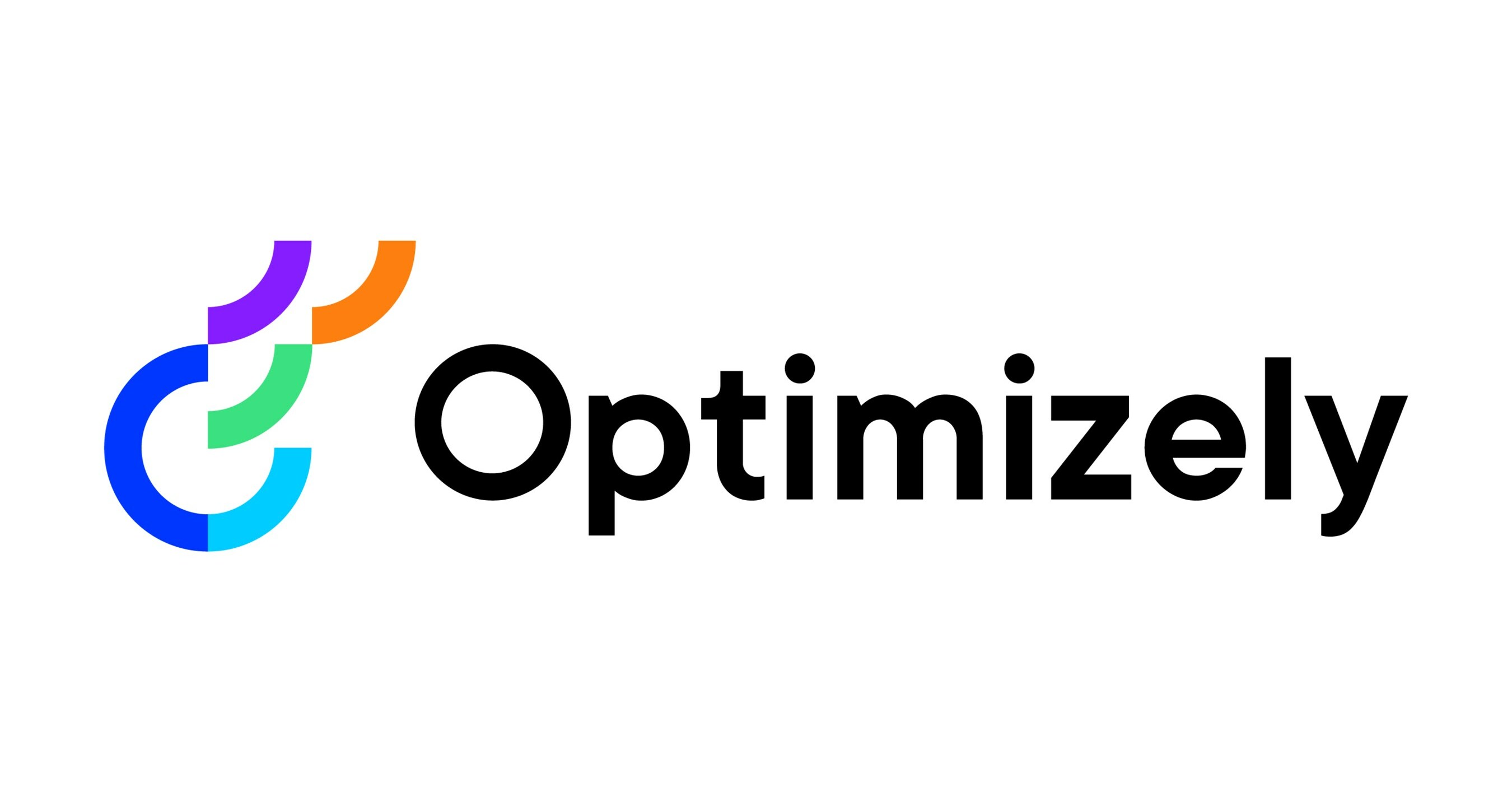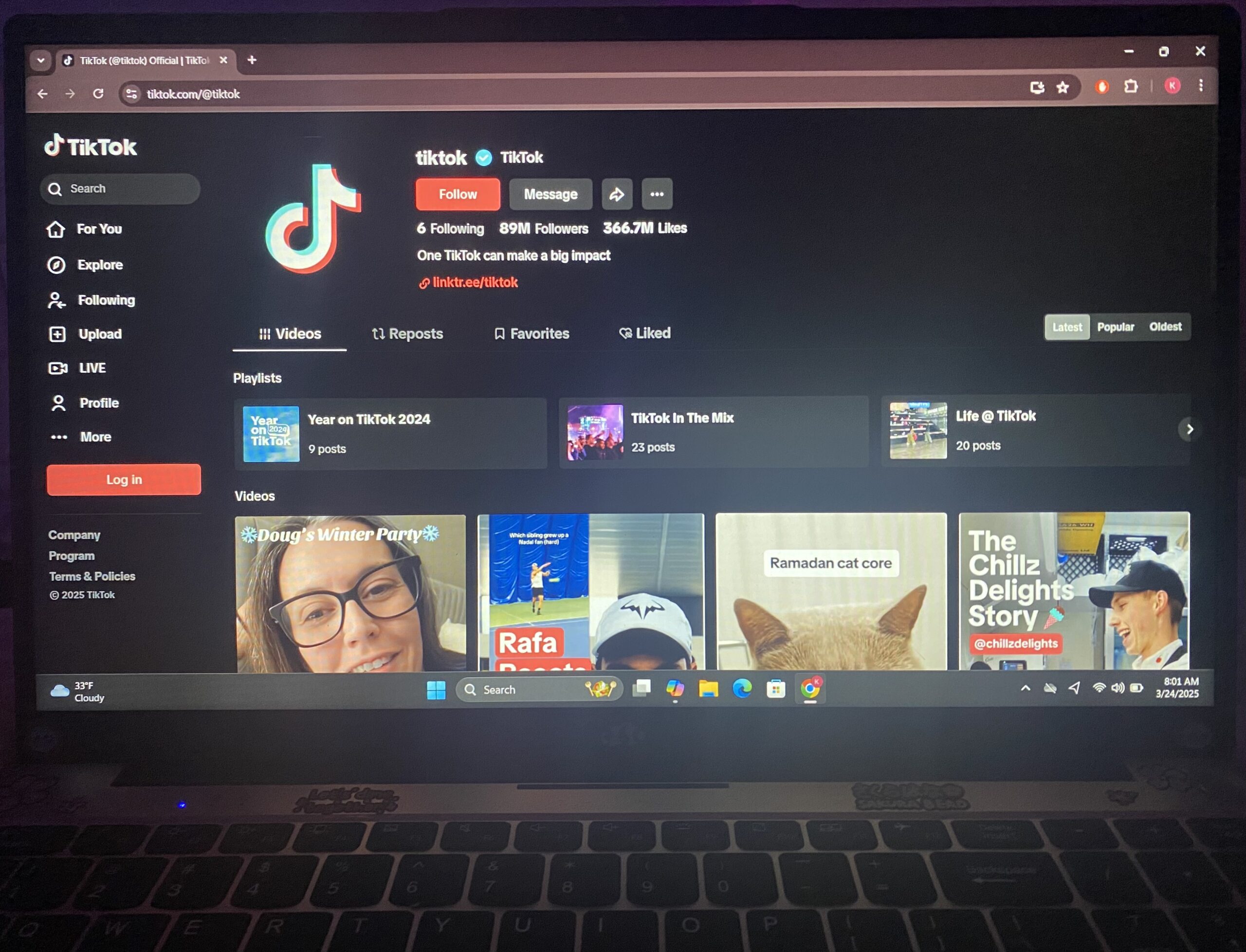DOGE Details Major Changes to Small Business Loans: What To Know

Loans offered by the Small Business Administration (SBA) are now subject to new rules following Department of Government Efficiency (DOGE) work at the federal agency.
Why It Matters
The SBA guarantees loans for small businesses across the country, helping companies get funding by setting guidelines for loans and reducing lender risk.
According to the SBA, as of 2023, there are 33.3 million small businesses throughout the country, employing more than 61.6 million people.
What To Know
In a post on X, formerly Twitter, DOGE announced two changes: loans administered by the SBA would now require a date of birth of the applicant; and direct loans are no longer available for those under 18 and over 120 years old.
A spokesperson for the SBA told Newsweek: “SBA has taken steps both to amend its loan application to require applicants input their date of birth and prohibit individuals younger than 18/older than 120 from applying for a loan. These changes will take effect in the coming weeks following a public comment period that began last week.”
In a separate post, DOGE said that, between 2020 and 2021, “3,095 loans, including PPP (Paycheck Protection Program) and EIDL (Economic Injury Disaster Loan), for $333M to borrowers over 115 years old who were still marked as alive in the Social Security database.”
As of Friday, @SBAgov now:
– Requires date of birth collection for all direct loan applications
– Pauses the direct loan process for those under 18 and above 120 years oldBasic sanity checks like these are initial steps towards minimizing fraud in government payment programs. pic.twitter.com/dPPnwqMBvD
— Department of Government Efficiency (@DOGE) March 24, 2025
DOGE said that, in one instance, a person listed as 157 years old received $36,000 in loans. The U.S. has approximately 100,000 centenarians, according to the Pew Research Center, none of whom exceed 114 years of age.
The Paycheck Protection Program was established in 2020 to help businesses keep their workforce employed during the coronavirus pandemic, and ended in May 2021. The Economic Injury Disaster Loan program was similar, offering both loans and advances to small businesses, agricultural cooperatives, and nonprofit organizations recovering from the economic impacts of the pandemic.

GETTY
Changes at the SBA
The SBA announced last week it will be reducing its workforce by 43 percent, which will cull 2,700 jobs from the agency’s workforce of nearly 6,500. These will be made through a combination of voluntary resignations, the expiration of COVID-era and other term appointments, and some job cuts.
The SBA said the “strategic reorganization will begin a turnaround for the agency by restoring the efficiency of the first Trump Administration, as well as its focus on promoting small businesses.”
It added that staffing cuts will not impact “core services to the public, including the agency’s loan guarantee and disaster assistance programs, as well as its field and veteran operations.”
The SBA will now also oversee the administration of federal student loans, taking the task from the Department of Education.
What People Are Saying
DOGE said in an X post regarding loan application changes: “Basic sanity checks like these are initial steps toward minimizing fraud in government payment programs.”
SBA Administrator Kelly Loeffler said regarding the organizational changes: “The SBA was created to be a launchpad for America’s small businesses by offering access to capital, which in turn drives job creation, innovation, and a thriving Main Street. But in the last four years, the agency has veered off track—doubling in size and turning into a sprawling leviathan plagued by mission creep, financial mismanagement, and waste. Instead of serving small businesses, the SBA served a partisan political agenda—expanding in size, scope, and spending.”
What Happens Next
As the SBA outlines, the changes to loan applications will be implemented in the coming weeks.
Update, 03/25/25, 06:25 a.m. ET: This article was updated with an original quote from a spokesperson for the SBA.
link







